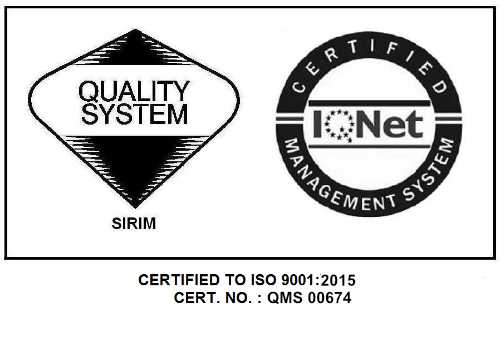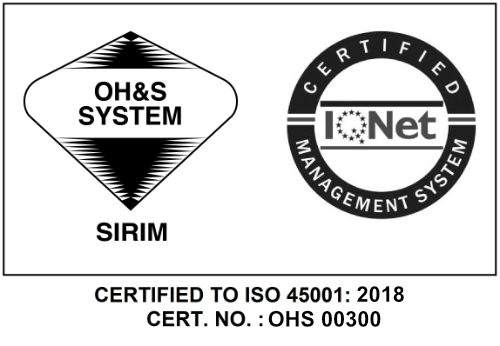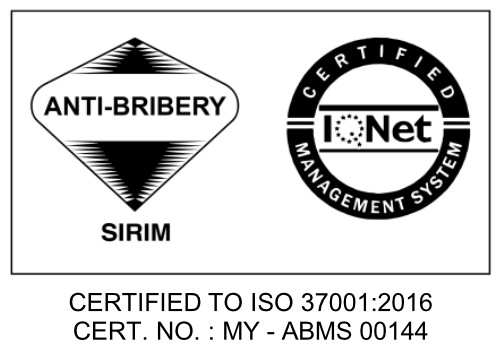
Success in a modular construction business heavily depends on the factory—the central hub where modules are produced to precise specifications. Unlike traditional construction, where on-site variables can lead to deviations, modular construction relies on consistency, and this is achieved through a well-managed factory that employs an industrialised process.
Automation is a key factor driving efficiency in modular factories. Robotics and precision machinery handle repetitive tasks such as cutting, welding, and assembling components, allowing faster production with fewer errors. Automation reduces labour costs and ensures that every module is built to the same high standard, which is crucial in maintaining product uniformity across projects. For example, automated systems can cut building materials with millimetre accuracy, something that’s difficult to achieve through manual processes.
Another critical aspect is quality control. Each module must undergo rigorous testing before leaving the factory. This includes inspections for structural integrity, insulation performance, and compliance with building codes. Quality control systems use advanced sensors and data analytics to detect issues early, ensuring that only defect-free modules are sent to the site. Any deviation from the design could result in expensive rework or delays once the modules arrive on-site, so maintaining strict quality checks is vital.
As the global demand for sustainable building solutions rises, modular factories that can incorporate eco-friendly materials and processes will have a competitive advantage. Many factories now integrate green technologies like recycled materials, energy-efficient HVAC systems, and low-carbon concrete into their module production. Additionally, some factories are powered by renewable energy sources, further reducing the environmental impact of the manufacturing process.
A successful factory must also be flexible enough to produce modules for various industries – from residential housing to healthcare facilities – allowing the business to diversify its offerings and scale efficiently. Flexibility in production also helps reduce costs by standardising components across different projects, leading to economies of scale.
Stay tuned for Part 3, where we explore the crucial role of logistics and project management in keeping modular construction projects on track.
Related articles:
Part 1: The Key to Modular Construction Success: Preconstruction Design
Part 3: Logistics and Project Management: Keeping Modular Projects on Track
Part 4: Onsite Expertise: Delivering Modular Projects Efficiently














